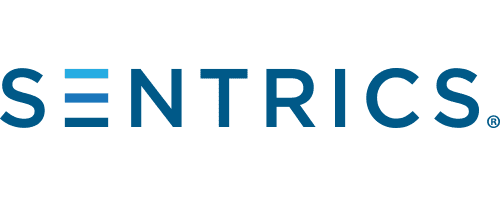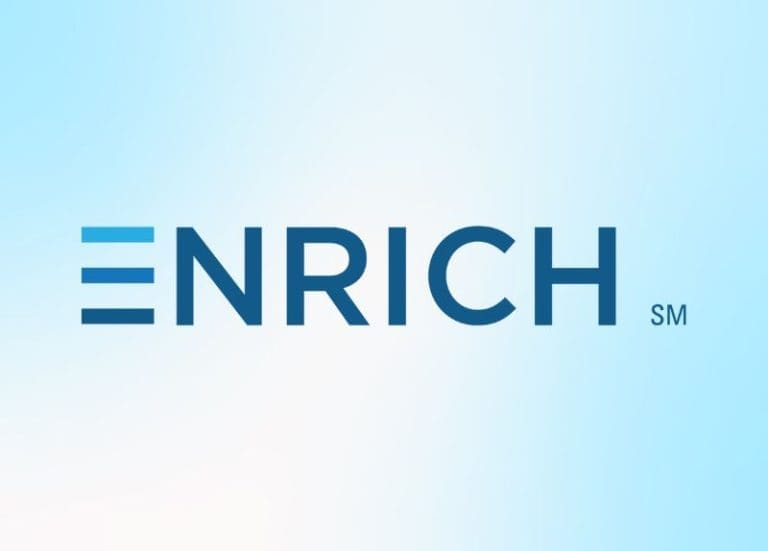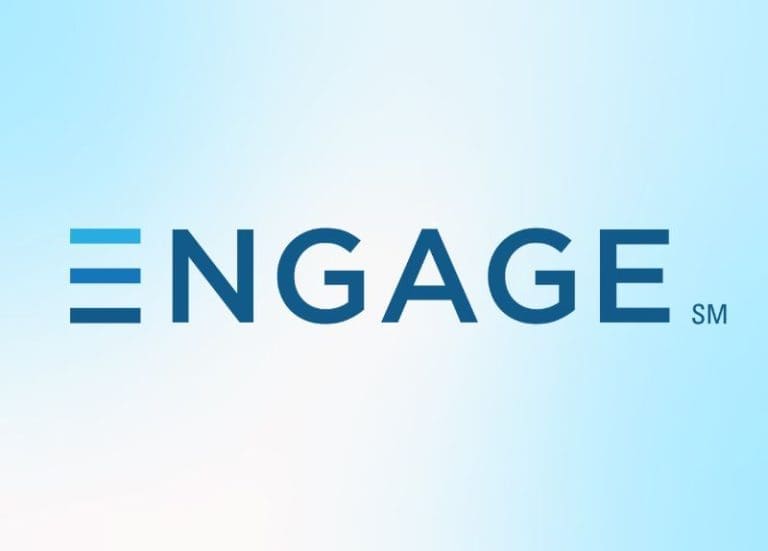Low compensation, inadequate training and limited career advancement opportunities have amplified caregiver shortages. As much as we try to minimize these shortages, the longer term effect is an impact on care outcomes for senior living communities.
There is a way to lessen this impact with technology. Artificial Intelligence, or AI, can identify trends to help care staff predict and prevent, or minimize, an adverse event before it occurs. Care outcomes improve and caregivers are more satisfied with their jobs.
But what is AI? According to Smithsonian Magazine, “the most popular A.I. techniques are machine learning and its younger cousin, deep learning. Unlike computer programs that rigidly follow rules written by humans, both machine learning and deep learning algorithms can look at a dataset, learn from it, and make new predictions. Deep learning, in particular, can make impressive predictions by discovering data patterns that people might miss.” (1)
Because AI has the ability to analyze big data sets and identify insights, it can lead to predictions. Different from historical, data-driven reporting, AI-based insights help staff members anticipate and respond to needs before they become urgent or happen at all.
While human caregivers will never be replaced with AI technology, it can enhance the care they give.
If you are looking for better insights, not just better reporting, look for solutions that have five critical capabilities.
- Collect and analyze data from thousands of points
- Identify troublesome trends automatically
- Provide easy-to-understand dashboards / actionable data
- Improve insights into the health and wellbeing of the community or portfolio
- Predict events so you can prevent them
Collect and Analyze Data from Thousands of Points
Rather than reading reports written from the viewpoints of a few caregivers, AI software has the power to analyze data from many, many sources and offer a more complete picture of a resident’s experience and needs. Because AI software looks for patterns in the data using algorithms, there is no such thing as data overload. (2) Ultimately, the more data the better. The key is harnessing it.
The good news is that senior living communities have a lot of data sources—from EMR solutions to dining menus. The challenge lies in collecting data from those multiple sources and silos and analyzing it without investing in expensive, highly customizable analytics solutions.
Look for a single solution that can:
- Collect and correlate data in the background from multiple sources
- Integrate data from relevant third-party solutions without costly customizations
- Analyze data continuously to identify trends that require action
Identify Troublesome Trends Automatically
Just like a person with medical training interprets the results of lab tests, standard reporting relies on a person’s knowledge and subjectivity to determine the meaning of the reported results.
AI-based reports should:
- Remove the subjectivity from reporting; a change in behavior cannot be “explained away” by a computer
- Identify trends for individuals and communities to give relevant context to a behavior (e.g., normal behavior for one resident could be very different for another)
- Recognize infinitesimal changes in behavior much sooner than a person can
Provide Easy-to-Understand Dashboards and Actionable Data
Your community operator does not have time to examine rows and rows of data and interpret the results. AI-based technology can provide customizable dashboards that identify potential problems and recommend actions. This at-a-glance information can tell a story without relying on subjective conclusions. Modern senior living AI solutions should:
- Display data in easy-to-digest dashboards that compare data points and draw conclusions to help you spot concerning trends or positive results quickly
- Roll up data or drill down into details at the corporate, regional, community or resident level
- Provide relevant actions to consider
- Offer operational insights that could improve resident wellbeing, staff satisfaction and community marketability
Access Insights Across the Community or Portfolio
It isn’t enough to have insights on your residents and staff. You also need actionable insights across your community or portfolio. Your AI solution should:
- Compare trends across all of your communities, provide community rankings across multiple categories and even provide regional benchmarks across un-related communities
- Identify changes in wellbeing, workflows and expense controls by owner group, region, or level of care
- Monitor and track infectious diseases within your company to better anticipate and act on community-specific needs
Predict Events So You Can Prevent Them
One of the biggest benefits of AI is its ability to predict events so you can minimize them or prevent them altogether. The best solutions are those that send insights to you rather than forcing you to search for them. Modern artificial intelligence solutions should:
- Process data continuously, rather than in delayed batches, to identify trends early with less human error
- Send alerts directly to staff about changes in trends so they can anticipate and act immediately
- Provide an added measure of QA to improve overall resident care and family peace of mind
Artificial Intelligence: The Key to Improved Outcomes
While technology will never replace caregivers, AI has the power to deliver predictive analytics and insights that can help caregivers anticipate and respond to issues before they become urgent. Adopting modern AI solutions that provide analytics and insights also helps reduce overburdened staff while improving resident care. Deploying AI solutions can help you gain the improved outcomes you need to remain competitive in today’s quickly changing industry.
Learn about Enrich360SM, the powerful AI solution that improves resident care.
Sources:
- Will Artifical Intelligence Improve Health Care for Everyone? Jeremy Hsu, Undark Magazine, SMITHSONIANMAG.COM. JULY 31, 2019. https://www.smithsonianmag.com/innovation/will-artificial-intelligence-improve-health-care-for-everyone-180972758/
- Data is the lifeblood of AI, but how do you collect it? InfoWorld, Aug 8, 2018. Carlos Melendez. https://www.infoworld.com/article/3296044/data-is-the-lifeblood-of-ai-but-how-do-you-collect-it.html




